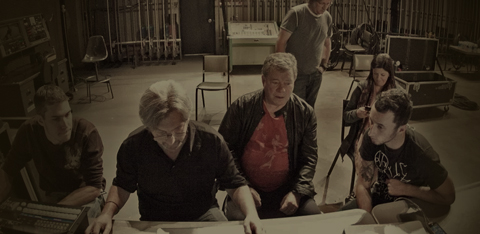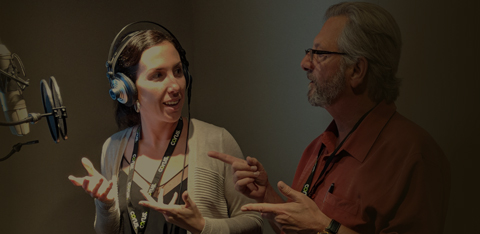Negative Space Thinking
It’s always fascinating to listen when people talk about their children. Aside from the regular menu of topics including where the children are in terms of education and the activities in which they are involved, invariably, subtle things emerge that indicate the challenges, sometimes problems, a parent is facing with their progeny. It’s what we don’t hear that is even more interesting.
Of late, I have become fascinated with the context of ‘negative space’ — technically, the space around and between subjects. If you really want to experience negative space, go into a larger room in your home and stand on your head. Suddenly, you see the gaps a little more. In fact, you see things you didn’t notice before. I have been applying negative space to my thinking — hence — negative space thinking. I listen for what I do not hear in what someone says. I probe the darkness, the other side of a coin, the drop beyond the cliff.
As it applies to parents and their children, we can hear the stress, sometimes pains, which parents are experiencing with their children. We can hear it in the things they don’t say. As far as I’m concerned, it’s about our quest as parents to figure out where we have failed our children or missed the mark. I go through this all the time, always evaluating what I didn’t do as a parent and how it affects my troops. I can hear it when I talk about them.
Switching gears. Text messages are fascinating. They motivate us to brevity; they reveal even more. It’s what people don’t say to each other (negative space) that speak volumes. Most often, the lack of communication is the root of all the problems in a relationship. Rather than say what we’re thinking or feeling, we say nothing and let speculation prevail. I hate that, frankly.
I am learning to simplify things through negative space thinking. If you are not communicating with me, then it means you don’t want to or you are afraid to. So, I take out my intellectual probing iron and jab: what is it you are not telling me? Then I wait for the response, which will fall invariably into one of these categories: deflection and avoidance (hiding a truth), finally the truth comes out (the truth revealed), don’t have a clue as to what I’m doing (encumbering the truth within chaos).
My application of negative space thinking is taking me into new territory all the time. As I discover more about life I seize the negative space with the understanding that the more I know, the more I embrace the vastness of my own ignorance. This context helps me strike a balance between the bitterness I sometimes feel because of my failures, especially as a parent, and the opportunities to use the knowledge of my shortcomings for the benefit of my children (and the rest of my paradigm). What does that look like?
I tell them I screwed up. Lately, my children and I have engaged in discussions about relationships. They have been particularly curious about my relationship with their mother. So I talk about why and how the relationship failed (reminding them that there are two sides to the story) with the hope that they will take this information and carry it with them as they wander into the realm of love and broken hearts, partnerships and betrayal, and muses and twisted games.
As I turn 57 this week, I can boldly say I have learned a thing or two. Most importantly, I have learned that honesty and truth — spoken out loud — are the best tools we have to create loving relationships from friendships to marriages.
Negative space thinking is a ‘positive’ negative. Try it. Listen to the silence. Read between the words. Look a little more deeply in places you don’t usually focus on. Announce out loud that you have failed — or triumphed — and fill the space with the unexpected. It is a process that will take you far beyond your expectations. And it can help those parents feeling guilty or carrying regrets move on. Happy birthday to me.


